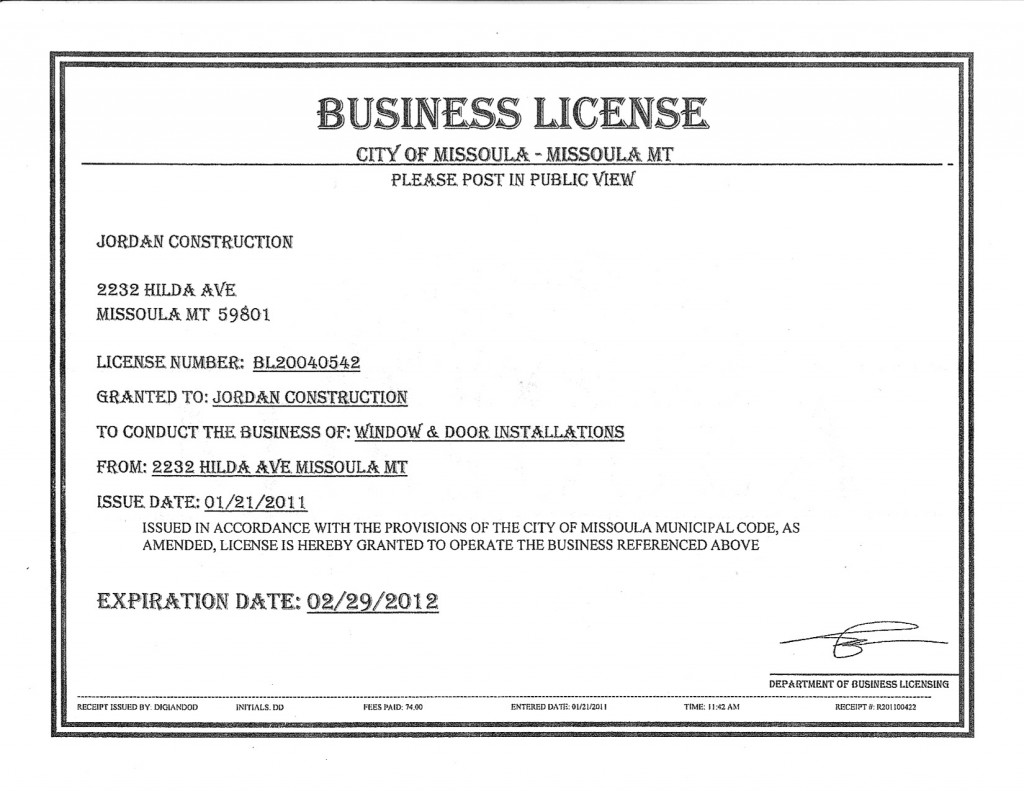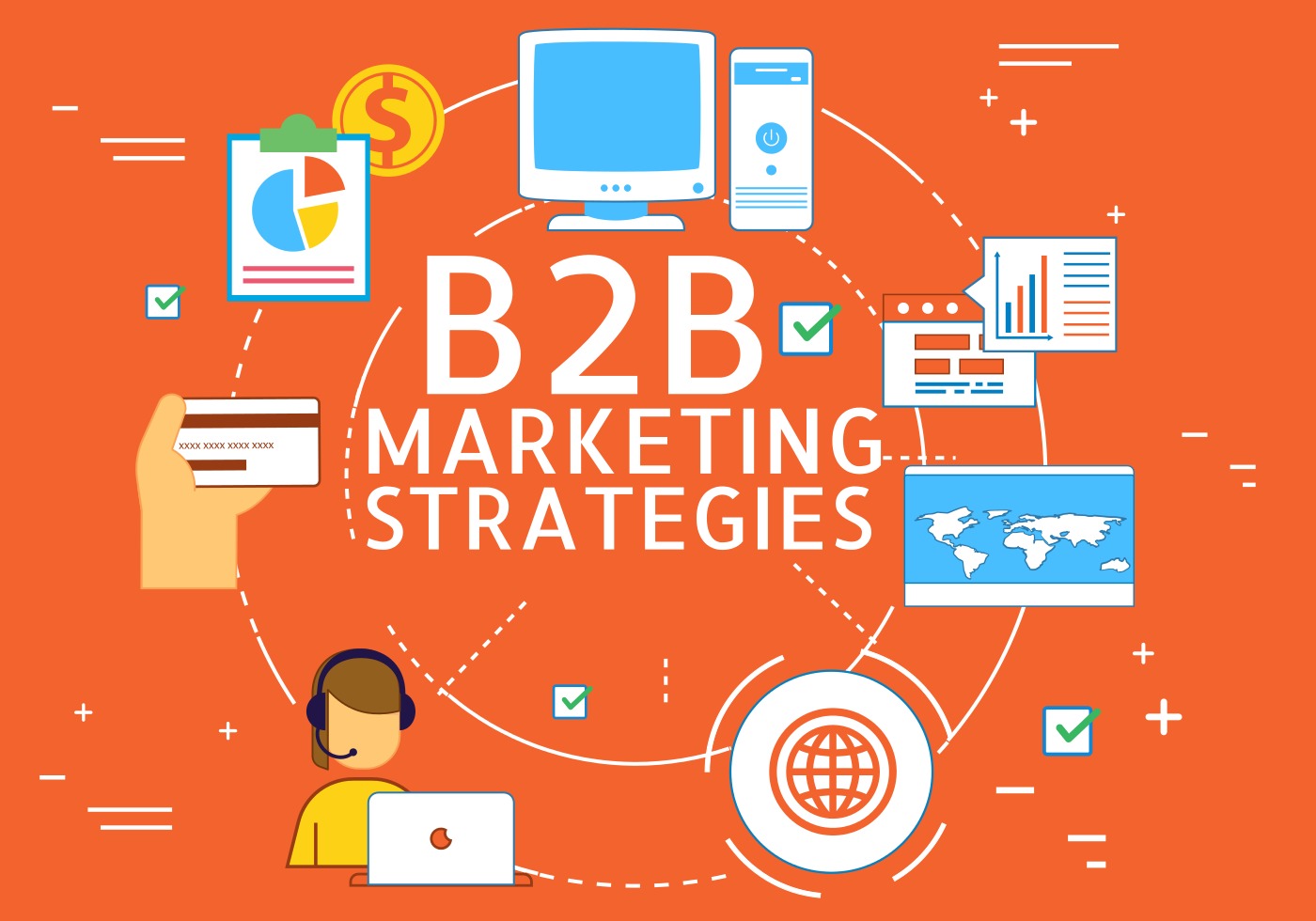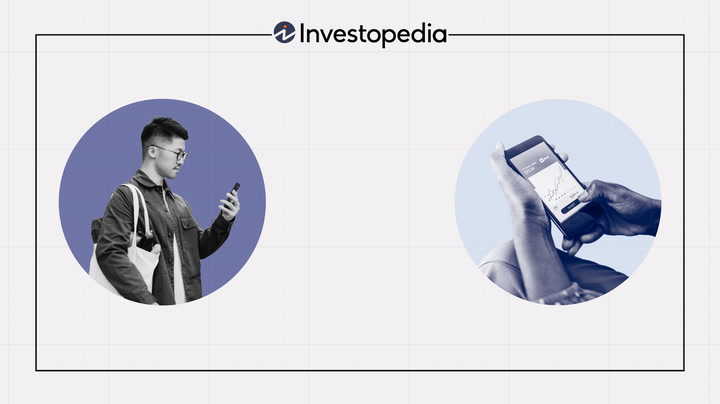
A sustainability consultant can be described as a professional who assists companies in developing sustainable methods of delivering products and services. This practice is rooted in the area of corporate social responsibilities, which covers sustainable development and waste management. This type of consulting is a growing field, with many different types of consulting positions available.
Job description
A sustainability manager works closely in the consulting industry to help clients develop sustainable strategies. The role includes coordinating multi-workstream projects, overseeing deliverables, and facilitating the incorporation of sustainability into projects. Other responsibilities include creating specifications that relate to sustainability goals and preparing client communications for key industry reporting platforms.
An important factor in a sustainability consultant's success is experience. In the beginning, a consultant might work as a junior manager or graduate. Later, he or she may take on greater responsibility and leadership roles. He or she may eventually rise to the level of a project manager, or sustainability consultant.
Education requirements
For a job as a sustainable consultant, you must have a bachelor's degree in earth science or environmental studies. As a sustainable consultant, your role is to advise businesses about how to improve their environmental practices. Many sustainability consultants provide support for customer outreach and public relations. Sustainability consulting is still a relatively young field. It requires many backgrounds. In addition to a bachelor's degree, certification is an excellent way to demonstrate your competence to employers. Many universities and colleges offer certification programs.

While certifications are required by some states, they are not necessary for being a sustainable consultant. A certification is not enough. You also need work experience. In order to demonstrate your expertise, you will need six months of experience as a sustainability consultant. High levels of integrity, cooperation, dependability, and honesty are essential. A strong ability to communicate, write, and solve problems is a must.
You have many career options
You can make a difference in the lives of communities and the environment by pursuing a career as a sustainable consultant. The job of a sustainable consultant is to ensure that a company's practices and processes meet the needs in the communities they work with. In addition, they need to find a balance between the client's needs and the law. This job requires long hours and frequent travel. As a consultant, it is important to work in a group to achieve positive results.
Not only can you work on large projects but sustainable consultants professionals also have the opportunity to work in smaller businesses and in government. The range of jobs available in this industry can be from support roles to environmental management to senior positions. Sometimes, sustainable consulting careers can include developing new products or services.
Skills required
People with diverse skills are required to be able to provide sustainable consulting. These individuals need to be able read data and write reports. In addition, they must be good at problem-solving and numeracy. They should also be able to analyze cases and choose appropriate approaches for clients. Sustainability consultants need to be flexible to change in order to adapt to new legislation, project or program requirements, and other factors.
Sustainability consultants need to be articulate and able to clearly communicate their ideas. Clients may not know certain concepts. They need someone who can explain them in plain English. Sustainability consultants should be able convince stakeholders to follow their recommendations.

Compensation
Being a part of a growing industry can give you the opportunity to make a significant impact in your community and the environment. This job requires you to balance the needs of clients with the environment and determine how to best use limited resources. Consultants are often involved at all stages of projects, from site assessment to reclamation of reuse of land. They may also be involved in preparing reports, presenting at meetings and managing projects.
As a Sustainability Advisor, you will earn close to your state's median salary. Alaska's median salary is $93,063 per annum. The Director Of Sustainability can earn as much as $120,649. However, the median salary is slightly lower for these positions, with the lowest-paid earning individuals making less that half.
FAQ
How can I select a consultant?
Three main factors should be considered:
-
Experience - How experienced is this consultant? Is she an expert, beginner, intermediate or advanced consultant? Does her resume reflect the knowledge and skills she has?
-
Education – What did the person learn in school? Did he/she continue to take relevant courses after graduation? Do we see any evidence of this learning in the way he/she writes?
-
Personality - How do we feel about this person? Would we like him/her to work with us?
-
These questions can help you determine whether the consultant is right for your needs. If the answers are not clear, it may be worthwhile to interview the candidate in person to get more information about them.
Consulting is it a job?
Consulting is not only a good entry-level job for people looking to make quick money.
There are many opportunities for consulting, including project management, strategy, training and leadership. Projects could include small start-ups or large international corporations.
Consulting offers you the chance to improve and sharpen your skills as well as gain valuable experience across a range industries. This could include learning how to manage teams, write proposals, manage budgets and analyze data.
Do I need a degree to be a consultant?
The best way to become an expert on any subject is by studying the subject thoroughly and then practicing what you have learned.
You can learn all you need to know to become a great consulting professional by starting to study now.
If you have a degree but no relevant experience, you may struggle to get hired. However, if you can demonstrate that you've studied the same subjects as those who got the jobs, you could still apply.
But remember, employers will always look for candidates with real-world expertise.
What skills are required for consulting?
Strong interpersonal and analytical skills are essential for consultants. This is crucial because you might not be able to understand what you are doing when you work on complex projects. It is important to learn how to quickly solve problems and manage people.
You also need to have excellent communication skills. Most clients expect an answer within 24 hours. If they don't hear back from you, they assume you aren't interested. It's crucial to keep them informed and make sure they understand everything.
Statistics
- My 10 years of experience and 6-step program have helped over 20 clients boost their sales by an average of 33% in 6 months. (consultingsuccess.com)
- WHY choose me: Why your ideal client should choose you (ex: 10 years of experience and 6-week program has helped over 20 clients boost their sales by an average of 33% in 6 months). (consultingsuccess.com)
- So, if you help your clients increase their sales by 33%, then use a word like “revolution” instead of “increase.” (consultingsuccess.com)
- "From there, I told them my rates were going up 25%, this is the new hourly rate, and every single one of them said 'done, fine.' (nerdwallet.com)
- 67% of consultants start their consulting businesses after quitting their jobs, while 33% start while they're still at their jobs. (consultingsuccess.com)
External Links
How To
What Does A Typical Day For A Consultant Look Like?
The type of work that you are doing will affect the typical day. You will be spending time researching, planning new ideas, meeting with clients, and creating reports.
Clients will often meet with you to discuss their problems. These meetings can take place over the phone, via email, online, or face to face.
Also, proposals are documents that outline your ideas or plans for clients. Before presenting these proposals to clients, you will usually need to discuss them with a colleague or mentor.
After all the preparation and planning, it's time to actually create some content. You might be creating articles, videos, editing photos, writing interviews, or designing websites.
Based on the scope and complexity of the project you may need research to obtain relevant statistics. This could include finding out how many customers your company has and whether they purchase more than one product.
Once you have gathered enough information, it's time to present your findings to clients. Your findings can be presented orally or written.
After your initial consultation with clients, you need to keep in touch. You might contact them regularly to check on their progress or send them emails to confirm they have received your proposal.
While this can be a slow process, it's essential to remain focused and maintain good working relationships with clients.